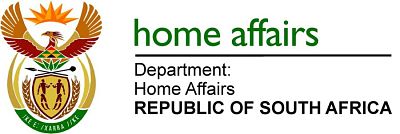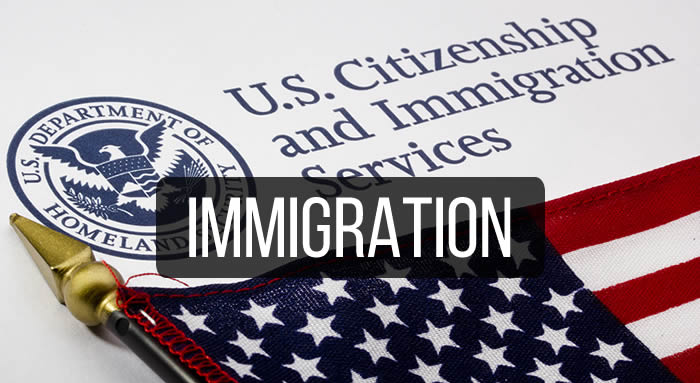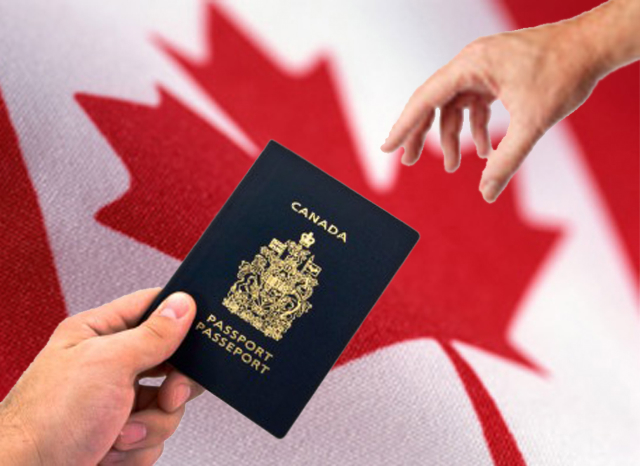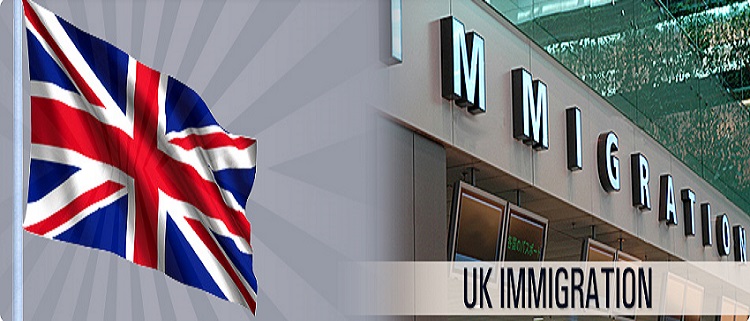People currently on these temporary visas / permits will not be allowed to change to other permits and must leave the country on the expiry of the permit and apply for changes to other permits, from outside the country;
People seeking an extension to and 11(2) once inside the country, may NOT do so anymore but must leave and apply for a work permit from abroad.
This greatly affects many people living in South Africa currently. Some foreigners, often called “swallows,” come to South Africa for the summer months and return for their Northern Hemisphere summer time. Sometimes this requires repeating a 3-month Visitor’s Permit twice, but this now may not be possible.
However, some people have asked that although these rules have been introduced, the law still states that these conditions cannot override existing law and regulations, that mean where the law states that a person may extend once within the country, they should be allowed to do so. Furthermore, repeated use of these permits is not restricted by the legislation, and in some cases foreign experts are required for short inputs of typically 2-12 weeks within 1-5-year cycles, for work purposes or other. South Africa’s current immigration laws allow a change of status conditions to (another permit) while the person is on a valid temporary residence permit.
South Africa immigration visitors now aware of the Department of Home Affairs’ new changes otherwise might be denied at South African borders.
Some immigration consultancies have therefore requested a meeting with the Home Affairs head office to discuss these issues. As part of the fresh policy and process, Home Affairs has set up a two-part process which requires pre-approval of an application at Head Office level, after which such applications may be submitted either at the Mission abroad or at the Port of Entry as before.
In order to assist you with keeping up to date with changes in South African Immigration Law in 2012, we will be continually updating these and fresh posts – keep visiting for more details, and ask questions on our immigration forum.
Summary of Proposed changes to
the South Africa Immigration Act
The Department of Home Affairs has proposed certain changes to the Immigration Act of 2002, which would, in summary, cover the following issues:
Application in person,
The Department will require foreign nationals to apply personally for visas and not through the proxy of Immigration practitioners. Visas and other documents will no longer be issued to applicants the Department has not physically seen.
Applicants who want to use the advisory services of Immigration practitioners are welcome to do so. Practitioners may continue to consult and provide advice to foreign nationals on immigration matters.
Change in status of Visa
Those who have been issued with visitor and medical treatment visas will not be able to change the status of these visas while in South Africa.
If when in South Africa foreign nationals seek a more long term stay in the country, they will have to return to their country of origin and reapply for the relevant visas.
Asylum Permits issuance
The proposed legislation also outlines the way in which holders of section 23 visas – those issued to foreign nationals who wish to apply for asylum in South Africa when they enter a port of entry – may apply for asylum.
Such asylum seekers are currently required to present themselves at their closest Refugee Reception Office within 14 days of entering the country. They will now have five days to do so.
Immigration officials will also have to follow prescribed procedures to ensure that fugitives from justice and other questionable persons are not issued with such a visa.
Business visas
The Department is to prescribe the investment categories for which business visas may be issued. The Minister will be required, from time to time to publish a list of which sectors have been identified for investment.
Exceptional Skills and Quota Work
permit
A new permit called the Exceptional Skills permit is to replace the existing Exceptional Skills and Quota Work permit. The Department will be required to publish a list of skills which the economy requires.
South African Immigration Law
South African Immigration Law – background
what is the purpose of South African immigration law?
Of course, the simple answer is to control the movement of people into a country. The real detail of the current South African immigration law, is, however, in why controls are needed and what controls are situated properly and that need long time to debate the whole system and process.
The South African immigration act states the purpose of the act to be:
In providing for the regulation of admission of foreigners to, their residence in, and their departure from the Republic and for matters connected therewith, the Immigration Act aims at setting in place a new system of immigration control, which ensures that—
South Africa Immigration Laws
South African Immigration Law
1. Temporary and permanent residence permits are issued as expeditiously as possible and assuming simplified procedures and objective, predictable and reasonable requirements and criteria, and without consuming excessive administrative capacity;
2. Security considerations are fully satisfied, and the State retains control over the immigration of foreigners to the Republic inter-departmental coordination and public consultations enrich the functions of immigration control;
3. Economic growth is promoted through the employment of needed foreign labour. Foreign investment is facilitated. The entry of exceptionally skilled or qualified people is enabled. Skilled human resources are increased. Academic exchange within the Southern African Development Community is facilitated, and tourism is promoted;
4. The role of the Republic in the continent and the region is recognized;
5. The entry and departure of all persons at ports of entry are efficiently facilitated, administered and managed;
6. immigration laws are efficiently and effectively enforced, deploying to this end significant administrative capacity of the Department of Home Affairs, thereby reducing the pull factors of illegal immigration;
7. The South African economy may have access at all times to the full measure of needed contributions by foreigners;
8. The contribution of foreigners in the South African labour market does not adversely impact on existing labour standards and the rights and expectations of South African workers;
9. A policy’s connection is maintained between foreigners working in South Africa and the training of our citizens;
10. Push factors of illegal immigration may be addressed in cooperation with other Departments, and the foreign states concerned;
11. Immigration control is performed within the highest applicable standards of human rights protection;
12. Xenophobia is prevented and countered;
13. A human rights based culture of enforcement is promoted;
14. The international obligations of the Republic are complied with; and
15. Civil society is educated on the rights of foreigners and refugees.
The South African immigration laws are complex but reasonably well administered. It offers 2 basic types of visas and permits
1. Temporary Residency
2. Permanent residency
South African Immigration Law for temporary residency
The differing permit types are below and further information can be gained by research on the subject:
Visitors Permit
Study Permit
Treaty permit
Business Permit (to establish a business or to invest in an existing business venture)
Medical Treatment Permit
Relatives Permit
Work Permits
Quota work Permit
General Work Permit
Exceptional skills work permit
Intra-company transfer work permit
Retired Persons Permit
Corporate Permit
Exchange permits
South African Immigration Law applicable to permanent residency
A foreigner with five-year successive work permit status
A spouse of a South African Citizen or permanent resident for a uninterrupted period of five years.
A child of a South African Citizen or permanent resident under 21 years of age
A child of a South African Citizen
A person possessing extra-ordinary skills or qualifications
A person who wishes to establish or invest in an existing business
A refugee as referred to in Section 27(c) of the Refugees Act
A retired person
A financially independent person
A relative of a South African Citizen or Legal permanent resident within the first step of kinship
Upcoming amendments to the
South Africa Immigration Act
Amendments to the Refugees Act and the Immigration Act, 2002, are far-reaching and will have a profound effect on the way permit and visa applications can be made, the qualifying criteria and period of stay. The amendments were expected to be in place during the first six months of 2014, but as yet they are not in official operation. That said, some consulates and embassies are already working to these proposed changes.
One of the major proposed changes to the immigration law is the application process where a change of status takes place. Currently, foreigners can travel to South Africa as a visitor and afterwards apply from inside the country for the appropriate permit. The new Act will prevent this meaning a person cannot travel into South Africa as a “visitor” and after that apply to a permit for long stay.
The Department of Home Affairs felt that applications made this way were misleading to the point of entry, when the foreigner knew their purpose for entering South Africa was, in reality, for example, work and not that of a tourist.
Another area affecting workers would be the proposed changes to the work visa. meanwhile residents of visa exempt countries can enter South Africa and obtain a Business / work visa at the Immigration offices by presentation of a letter from their offsure employer.
This Special type of visitor Business visa was designed for people such as tour crews, movie crews, performing artists and the like, who had legitimate short term business in South Africa.
Due to the relative ease of obtaining a business visa it was / is widely abused. Even to the point where many individuals have misused it simply by leaving and entering the Republic every three months in order to get a new visa and avoid having to obtain a proper work permit. The Department of Home Affairs views such practice as immigration fraud.







